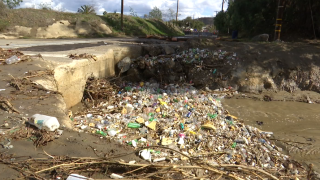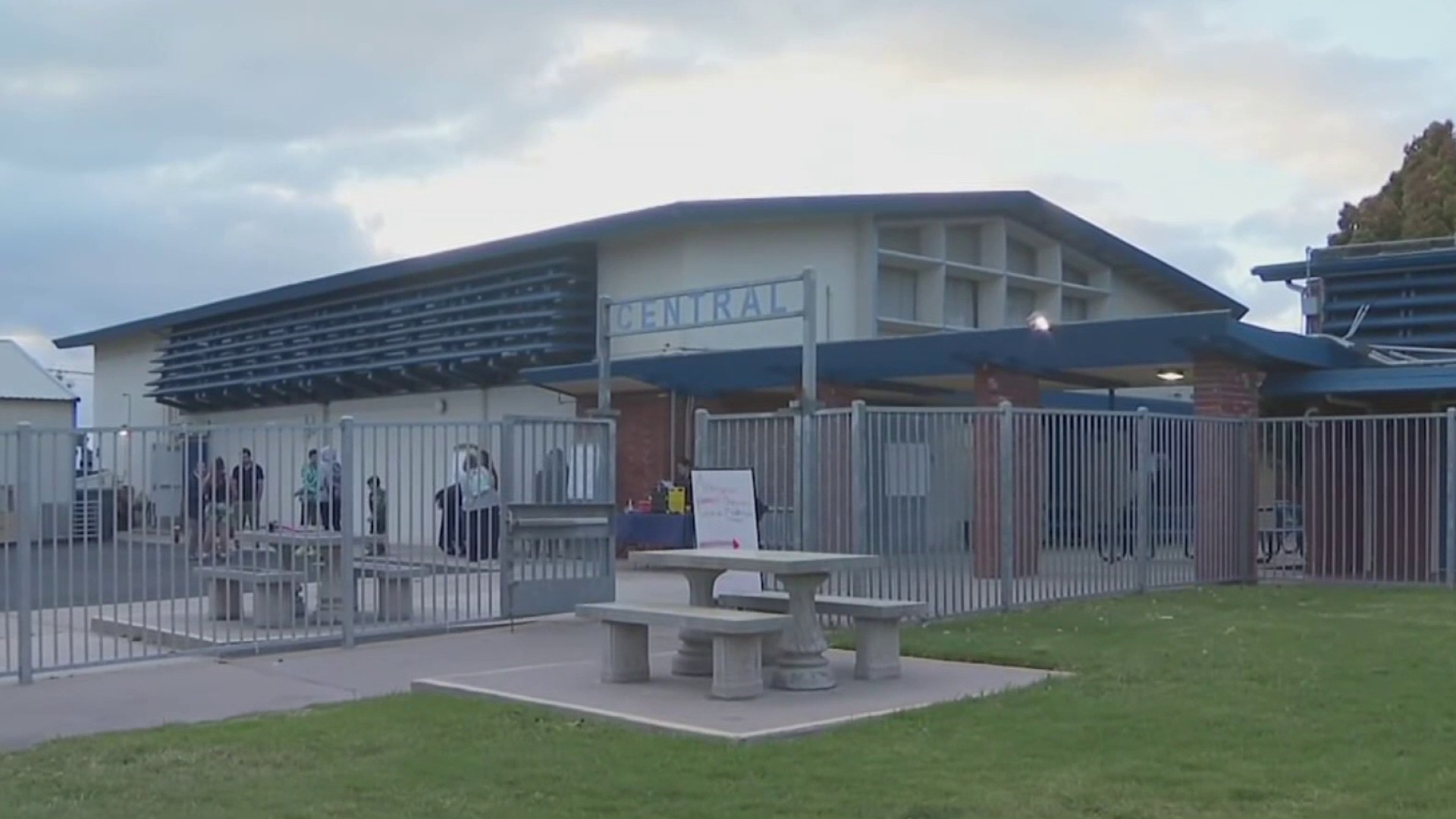
The Environmental Protection Agency will move forward with environmental review of several water infrastructure projects intended to address transborder water pollution from the Tijuana River, it was announced Monday.
"In order to protect public health and vital ecosystems in this vibrant area, we need a bold solution to the transboundary water pollution challenge," said EPA Assistant Administrator for Water Radhika Fox.
"Today, we're announcing our intent to pursue a holistic water infrastructure strategy to address multiple facets of this challenge and make real progress for the future of the San Diego region."
The Tijuana River often carries untreated wastewater, trash and other pollutants from Mexico across the border into the United States. In addition, polluted discharge into the Pacific Ocean from Tijuana's wastewater treatment plant is carried northward during the summer, impacting beaches in southern San Diego County.
Get San Diego local news, weather forecasts, sports and lifestyle stories to your inbox. Sign up for NBC San Diego newsletters.
The infrastructure projects announced Monday are expected to substantially reduce impacts to the U.S., an EPA statement read.
"Communities along California's southern border have been plagued with toxic pollution from Mexico for too long, in part because no single agency was responsible for the issue," said Sen. Dianne Feinstein, D-California. "These projects will help significantly improve the health and quality of life for our border communities."
Congress appropriated $300 million for infrastructure intended to address transborder pollution in 2020 through the U.S.-Mexico-Canada Agreement.
Local
The cost of the "holistic" solution proposed Monday exceeds the appropriated amount, but Fox said the EPA will implement a "phased approach in the design and construction of the various infrastructure projects."
The agency said it will continue to engage the public and stakeholders during the environmental review process and will work with its counterparts in Mexico.
"Communities have long been impacted by the transboundary flows crossing through the Tijuana River Valley and into the Pacific Ocean, creating an environmental health crisis, closing beaches and affecting residents and wildlife in San Diego's border region," said Rep. Juan Vargas, D-San Diego.
"Under the Biden administration, the EPA released a comprehensive project that has the potential for addressing this pollution at its root, by diverting flows away from the Pacific Ocean and into expanded treatment facilities in San Diego.
"I stand ready to support future budget requests to make this project a reality," Vargas said.
Some of the projects included in Monday's infrastructure announcement include:
-- Expanding the existing South Bay International Wastewater Treatment Plant owned and operated by the U.S. International Boundary and Water Commission;
-- Diverting and treating Tijuana River water at a new facility adjacent to the existing treatment plant; and
-- Repairing portions of the collection system in Mexico to prevent sewage leaks.
"Clean water is fundamental to the health of our community, and that is true on both sides of the border," said Rep. Sara Jacobs, D-San Diego.
"It is encouraging to see the EPA present a comprehensive plan to address the decades-long issue of pollution in the Tijuana River Valley, and I am proud to have worked with my colleagues to raise this issue with federal officials.
"Now it is important for the agency to move forward with projects that will protect our communities and for us in Congress to continue to perform oversight and provide any necessary legislative actions," she added.
As the EPA assesses infrastructure options, a National Environmental Policy Act review will move forward with the intent to reduce potential negative environmental impacts from the projects. This legally mandated review is needed before design and construction can begin.
The USMCA was passed in 2020 to update and replace the North American Free Trade Agreement.



